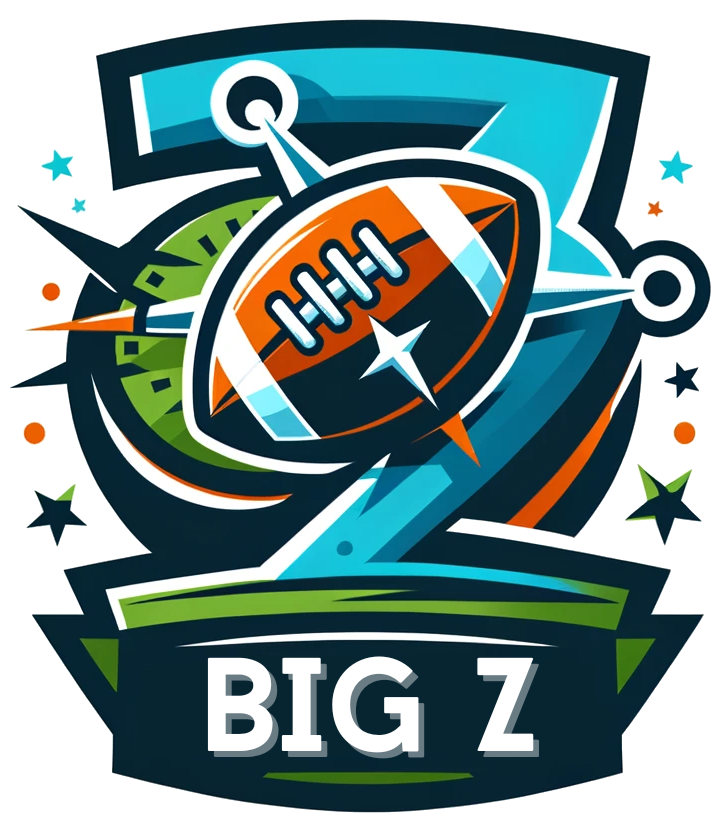Junior golf programs play a crucial role in introducing young people to the game of golf, fostering their talent, and instilling a love for the sport. These programs provide structured training, competitive opportunities, and mentorship, creating a nurturing environment for young golfers to develop their skills, discipline, and sportsmanship. Beyond the technical aspects of the game, junior golf programs are instrumental in teaching valuable life lessons such as patience, integrity, and perseverance. This article explores the significance of junior golf programs, their benefits, and how they contribute to the holistic development of young athletes.
Skill Development and Technical Training
One of the primary functions of junior golf programs is to provide technical training to young players. Skilled instructors teach the fundamentals of the game, including swing mechanics, putting, chipping, and course management. As young golfers progress, they receive more advanced instruction tailored to their specific needs and strengths. This gradual and structured approach helps in building a solid foundation, ensuring that young golfers develop the correct techniques from the start.
Creating a Supportive and Fun Environment
Junior golf programs are not just about training; they’re also about creating a fun and supportive environment where young players can thrive. By fostering a sense of community among young golfers, these programs make the learning process enjoyable and engaging. This positive atmosphere encourages children to stay involved in the sport, helps in building their confidence, and promotes a healthy attitude toward competition.
Promoting Physical Fitness and Coordination
Golf is a sport that requires a combination of physical skills, including strength, flexibility, balance, and hand-eye coordination. Junior golf programs provide an excellent platform for young athletes to enhance these physical attributes. Regular practice and play improve fitness levels, coordination, and overall physical development, contributing to the health and well-being of young players.
Teaching Life Skills and Values
Beyond the physical and technical aspects of the game, junior golf programs are instrumental in teaching important life skills and values. Golf is a sport deeply rooted in etiquette and integrity, and these programs emphasize values such as honesty, respect, and sportsmanship. Young golfers learn about self-discipline, goal setting, and managing emotions, skills that are valuable both on and off the course.
Providing Competitive Opportunities
Competition is a key component of junior golf programs. Participating in tournaments and matches gives young golfers the opportunity to test their skills, experience the thrill of competition, and learn how to handle both success and failure. These competitive experiences are essential for growth and development, helping young players understand the importance of preparation, hard work, and mental toughness.
Access to Mentorship and Role Models
Junior golf programs often provide access to mentors and role models who can inspire and guide young golfers. This mentorship can come from coaches, experienced players, or even golfing peers. Having role models to look up to and learn from can be incredibly motivating for young players, helping them to envision their paths in the sport.
Long-Term Benefits and Opportunities
Participation in junior golf programs can open doors to various long-term opportunities, including college scholarships and the possibility of a professional career in golf. Even for those who do not pursue golf as a career, the skills and values learned through these programs can have lasting benefits, contributing to personal and professional success in various fields.
Conclusion
In conclusion, junior golf programs are about more than just teaching the game of golf; they are about nurturing young talent, developing well-rounded individuals, and promoting a lifelong love for the sport. These programs provide a foundation of skills, values, and experiences that young golfers carry with them throughout their lives. Whether they become professional golfers or simply enjoy golf as a recreational activity, the lessons learned through junior golf programs are invaluable and enduring. As the sport continues to grow, these programs remain crucial in cultivating the next generation of golfers and ensuring the continued health and vitality of the game.

